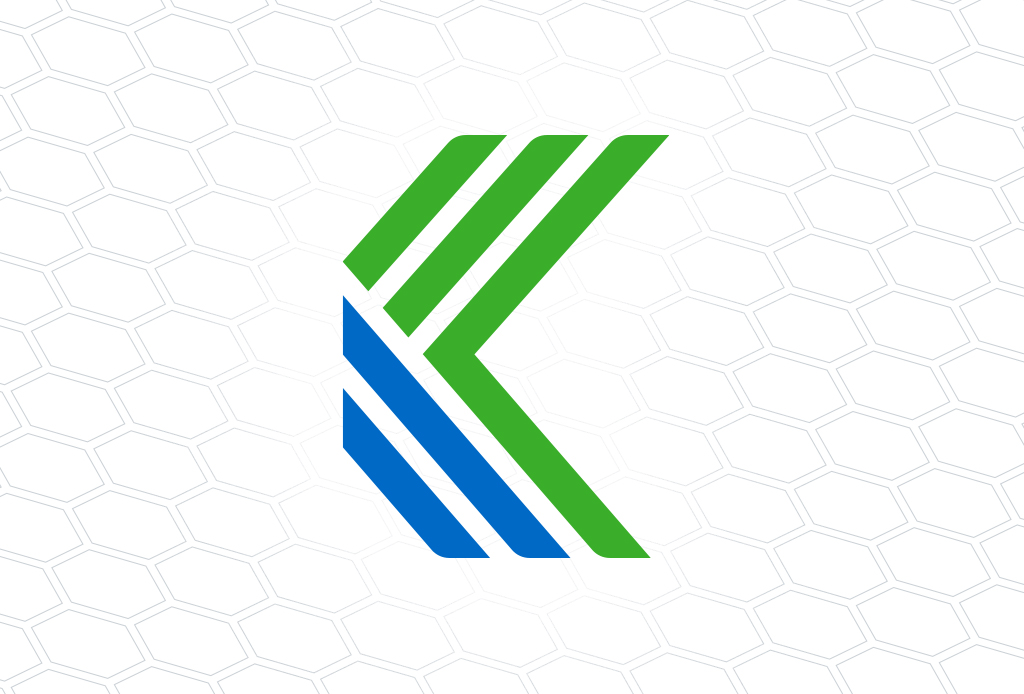The United States Geospatial Intelligence Foundation’s GEOINT Symposium is one of the largest gatherings of geospatial intelligence professionals in the U.S. The symposium spans government, industry, and academia. Attendees can expect keynotes, professional training and education, meetings for focused communities of interest, an extensive exhibit hall, and more. You can register for the conference here. Note that the training sessions (including Kitware’s) require additional registration.
This will be Kitware’s first in-person event since the pandemic, and we couldn’t be more excited to see everyone in person! As Silver sponsors, we are especially pleased to be a part of this year’s program. In addition to exhibiting (you can find us at Booth #815), Kitware will be presenting a training session on how to find objects with limited labels. We also had two lightning talks accepted by the conference. Please see below for more details, or visit our blog.
___________________________________________________________________________________________________
Training Session: How to Find Objects with Limited Labels
Thursday, October 7 from 7:30 – 8:30 AM
Presented By Anthony Hoogs, Ph.D., vice president of artificial intelligence at Kitware
Artificial intelligence and machine learning continue to revolutionize analysis and decision-making for warfighters; however, the need for massive amounts of labeled data hinders the usefulness of this technology due to the expense of labeling and the difficulty of finding instances of rare objects. This tutorial will describe both unsupervised and supervised methods that attack the problem from multiple perspectives, including leveraging labels in one modality to improve detection in another modality; active learning to find rare objects or activities in large amounts of data; low-shot image and video object detection/tracking and classification via attributes; and discovering salient anomalies. These advances are now available in software tools, enabling analysts to leverage them to create accurate detectors for rare objects with only a handful of exemplars, without programming or AI/ML expertise. Current open-source platforms will be described, with a demonstration of the Video and Imagery Analytics for the Marine Environment toolkit, developed by Kitware with NOAA and DoD funding.
___________________________________________________________________________________________________
Lightning Talk: Preliminary Kitware Results on the IARPA SMART Program
Wednesday, October 6 at 12:55 PM
Presented By Anthony Hoogs, Ph.D., vice president of artificial intelligence at Kitware
This session will summarize Kitware’s progress in building a system to search through enormous catalogs of satellite images from various sources to find and characterize relevant change events as they evolve over time. Our team is addressing the problems of harmonizing data over time from multiple satellites into a consistent data cube. We are then exploiting this data cube to solve the broad area search problem to find man-made change – in this case, construction sites. Our system will further categorize detected sites into stages of construction with defined geospatial and temporal bounds and will predict end dates for activities that are currently in progress.
___________________________________________________________________________________________________
Lightning Talk: Explainable Artificial Intelligence (XAI): From Image Retrieval to an Open-Source Toolkit
Thursday, October 7 at 3 PM
Presented By Anthony Hoogs, Ph.D., vice president of artificial intelligence at Kitware
This session will address the issues that result from a lack of human understanding as to how machine learning-based systems make their decisions. XAI attempts to help end-users understand and appropriately trust machine learning systems. This lightning talk will include an overview of the field of XAI, highlighting common problems and techniques such as saliency maps. It will cover Kitware’s work on explainable, interactive content-based image retrieval in the satellite image domain. We will also discuss our ongoing work in creating an open-source XAI toolkit, which collects data, software, and papers from the four-year DARPA XAI program into a common, searchable framework.
Physical Event
St. Louis, Missouri
